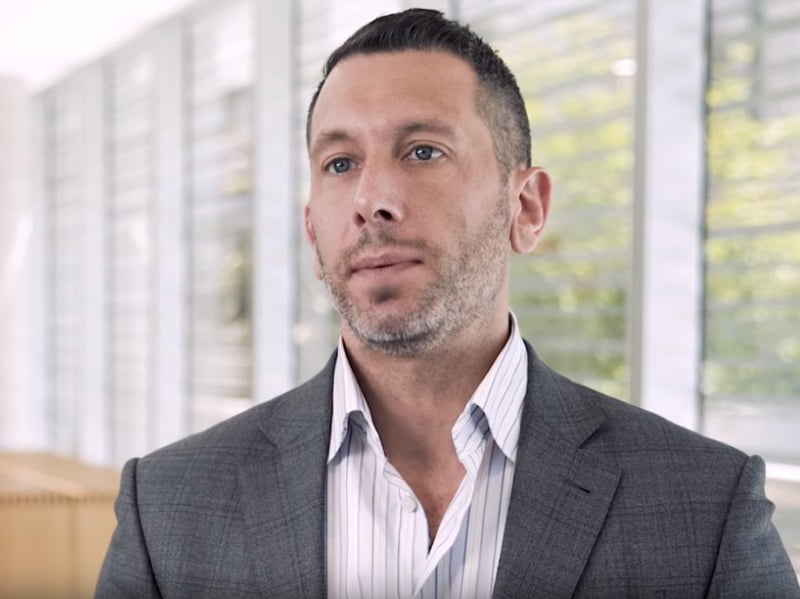The Department of Defence is on the lookout to partner within industry, academia and government research agencies to help it understand the potential use of quantum technologies and develop prototypes over the next three years.
Quantum technologies is one of nine priority areas in the department’s $730 million Next Generation Technologies Fund.
Managed by the Defence Science and Technology (DST) Group, the fund was launched in 2016 to focus on developing early research ideas that could be potentially matured through the Defence Innovation Hub.

Professor Michael Biercuk, director of the Quantum Control Laboratory at the University of Sydney, said the latest call to arms by Defence is a positive next step for the Next Generation Technologies Fund.
Having previously written on the topic, he believes the Australian government can take on learnings from the US government, which has placed heavy emphasis on science and exploratory technology development for years.
“Defence announced with the launching of the Next Generation Technology Fund that quantum technologies would be one of a handful of investment areas. In the US, the Department of Defense has been a key driver for the field since the late 1990s, so it’s nice to see local defence engaging,” he said in an email to InnovationAus.com.
Proposals are being welcomed from both small and large firms. The DST Group has indicated larger proposals can expect to receive funding of up to $1,000,000 over three years depending on scale, complexity and risk.
According to the DST Group, research in quantum technologies will focus on three lines of effort: quantum sensing, navigation and timing; quantum communications; and quantum computing and information.
Professor Andrew Greentree of RMIT University said this call for application along with others will help shine the light particularly on smaller research within the Australian academia community.
“It helps to bring out more of the smaller research that is going on at the moment. There are themes that are very large like quantum computing, which realistically you need to have very large teams of researchers working on building the next quantum computer,” Professor Greentree said.
“But some of the work like quantum sensing and quantum communications, there are small ideas and smaller teams who are doing quite amazing work that can be brought together through schemes such as this, and it can even serve to flush our research that could be pertinent that people might thought would not have fitted in.”
This not the first time Defence has reached out to the local community for quantum solutions. Last March, the Defence Science Institute (DSI), a joint collaborative research initiative by the DST Group and University of Melbourne, launched its Competitive and Evaluation Research Agreement (CERA) program seeking proposals from the university sector to work on solutions to solve DST problems.
Quantum technologies was one of the themes that was considered as being a “highest priority” under the CERA program.
“Quantum technologies is potentially one of the most important suites of technologies basically for humanity this century, and that’s not an over exaggeration,” Professor Greentree said.
“When we talk about quantum technologies we talk about technologies that will be the most sensitive, and give us the most insight and will use information in the most efficient manner possible.
“So when we talk about quantum sensors, we’re talking about the most sensitive architecture for maybe if you want to find an aeroplane in the sky in the shortest possible time. If you could use quantum resources, that’s likely to be faster.
“If you want to send a signal using single photons, you can send provably secure messages using this technology.
“We’re talking about the potential to disrupt all aspects of technology, and when you look at defence-related technology if you can get advantage over the opposition that save lives, stop an attack, or help pick up a weapon faster then it’s these technologies that could help us protect Australia.
“Getting that technology, understanding that technology but also understanding what its limitations are is really important.”
Do you know more? Contact James Riley via Email.

